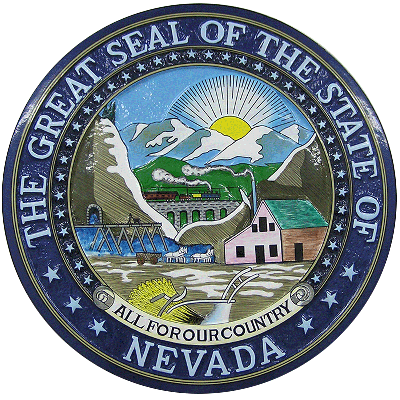How can you be as prepared as possible for a potential medical emergency to happen to your loved one when you’re not immediately present or available?
Here are some key tips and items you need to have in place, long before any possible emergency happens:
- Have a list with your primary care doctor’s (and any specialists) name, phone number and address on it; your pharmacy’s name, phone and address; and any other regular health care providers that are part of your life.
- A current list of medications you’re taking along with the dosage directions, and, most important, why you’re taking a particular medication? (Medications can be used for more than one condition, so why does your doctor have you on that medication?) Know what your health conditions are and don’t ignore sharing that information when you’re in a health crisis. Such information can make or break you.
- A list of family members and friends (with current phone numbers) to contact in the event of an emergency (include each person’s relationship to you: son, daughter, granddaughter, etc.)
- A copy of your current advanced health care directive or durable power of attorney for healthcare, as different states call them different things. While this document is most important when you can’t speak your own wishes or desires, it’s good to have a copy readily available for the paramedics to take with you in the ambulance so the hospital team knows who to contact and talk with on your behalf, even if you are conscious and able to speak for yourself.
- Have a copy of your health insurance cards (if on Medicare, a copy of the red. white and blue card that shows the effective dates of Part A and B coverage, as well as a copy of any supplemental coverage).
- Have a copy of a current photo I.D. card (driver’s license, senior I.D. card, etc.) issued by a governmental entity.
If you simply helped your loved one to put these items in a place where a number of different folks (a trusted neighbor, a caregiver, another family member, etc.), know where they are (not buried in a safe deposit box in a bank), you’ll have taken a lot of the stress out of a medical emergency.
In some cases, if you have a loved one who already has a major health issue and confined to a wheelchair, hospital bed, or has critical medical equipment used continually or regularly, find out where the closest fire station is to your loved one and go talk to them about any special needs or concerns of your loved one. Your local fire station is a great resource to connect with long before a medical emergency happens, so keep that in mind.
This all sounds so simple, but most of us don’t take the time to put these items in place. In an emergency, it does great harm to not have these six items readily available and accessible. So, please do as the doctor orders and get this information together before you need them!
Stay tuned for Finding Home, Part 3!
___________
Helping Hearts Foundation, a non-profit organization dedicated to helping people in need throughout our communities, hopes you’ll use us as a sounding board. We’re committed to making a difference, one person at a time, so please give us a call today at 916.368.7200.

 Request Information
Request Information
